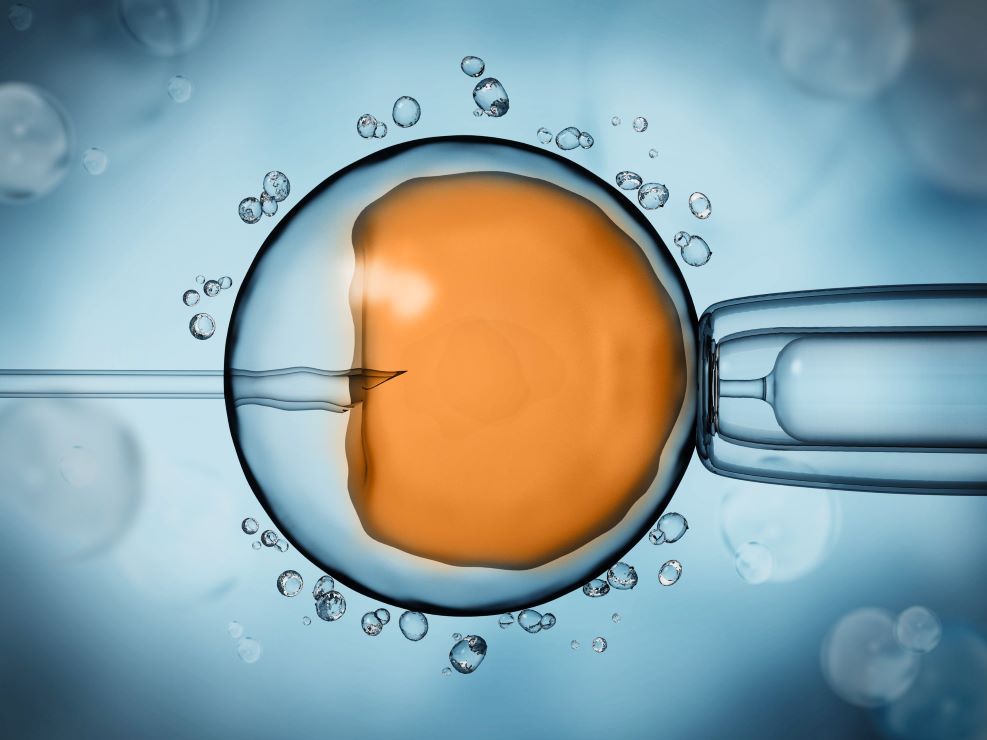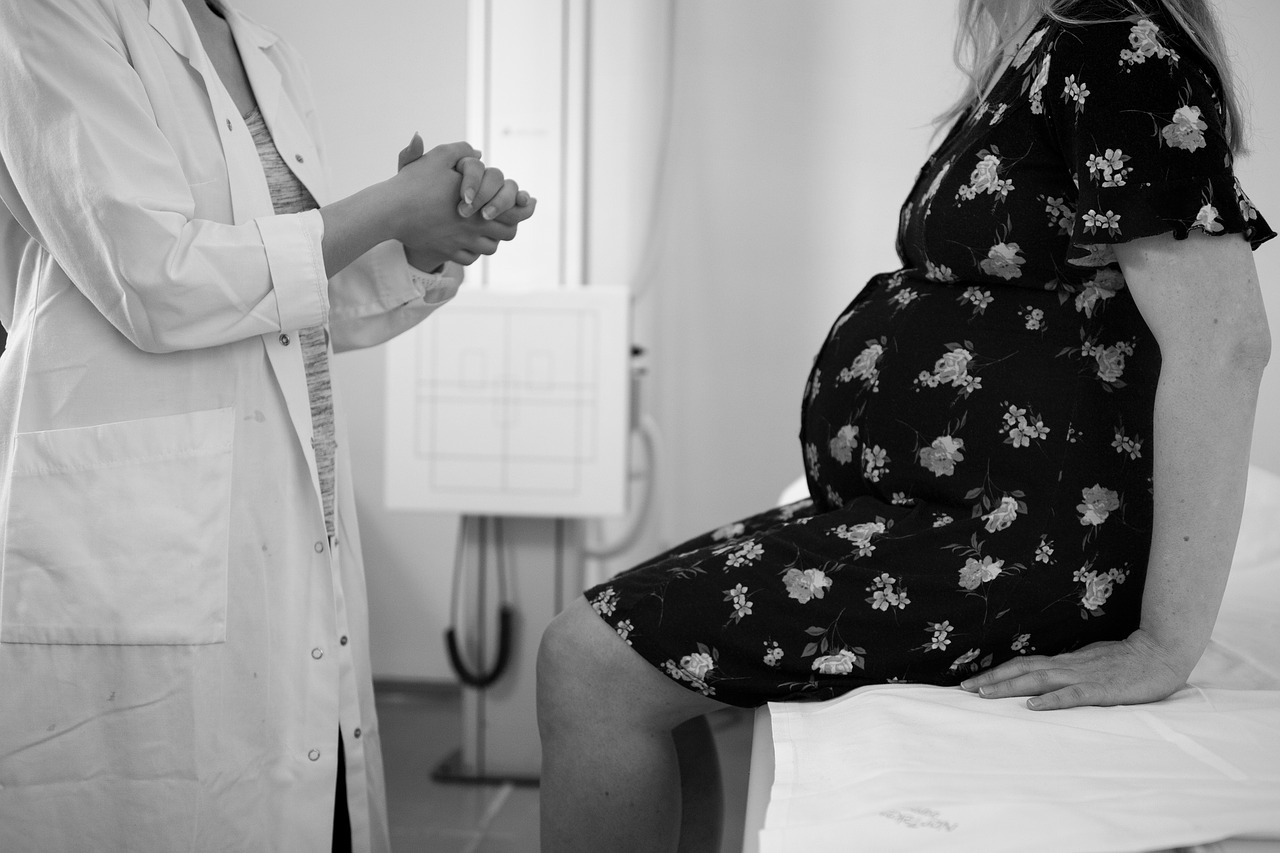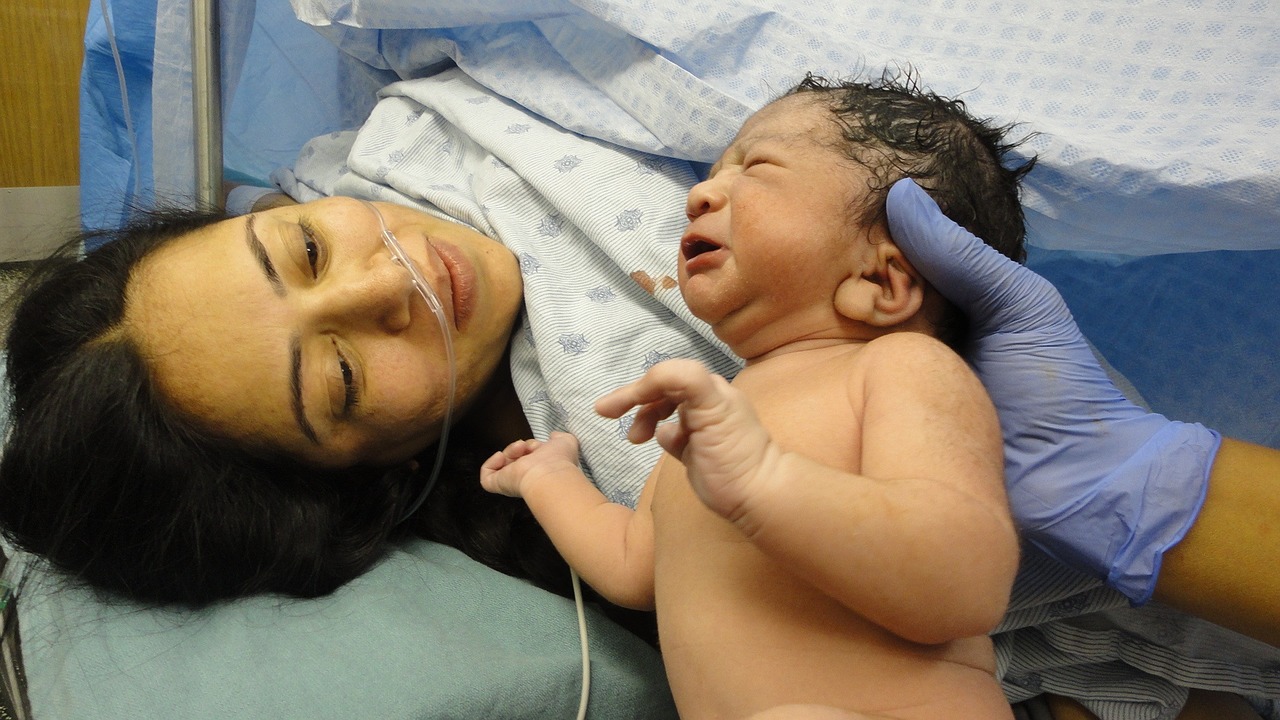In recent years, people have been waiting longer to start families compared to previous generations. In fact, a report published by the Centers for Disease Control and Prevention in 2019 revealed that while birth rates in the United States for women under 34 are on the decline, birth rates among women in their forties have been steadily increasing in the last few decades.
Having a baby at any age is a personal choice affected by many other factors, including but not limited to, financial stability, career, housing, health, relationships, and lifestyle goals. Having a baby at age 40 or older isn’t a selfish thing to do, and there are some benefits to having a child later in life, such as having career and relationship stability, financial security, as well as being more emotionally and mentally prepared for parenthood.
While there are some advantages to having a baby at 40, there are also a few downsides to consider. One of which is your physical health and pregnancy risk. Medical advances and fertility treatments have also allowed people to carry perfectly healthy babies well into their forties, but pregnancy does not come without risks. All pregnancies after the age of 40 are considered high risk. Increased maternal and paternal age are both risk factors for pregnancy complications and birth defects.
Of course, the most optimal time to have a baby is when you are ready for it and will be able to provide your child with the best opportunities and the best life they can have. If that just so happens to be when you are 40, then there’s nothing selfish about that. There may just be a few extra things you’ll need to consider when trying for a baby at this age.
Is It Selfish to Have a Baby at 40? 4 Things to Consider

-
Fertility Levels
Unlike sperm cells which are constantly replenished, the number of egg cells a person is born with is all that they will have in their lifetime. The quality and quantity of these egg cells go down with age.
A couple in their twenties and early thirties has a 25% chance of getting pregnant in a single menstrual cycle with regular unprotected sex. The chances of miscarriage at this age are relatively low at 10%.
By age 37, egg quality, viability and fertility begin to decline rapidly. By age 40, a healthy person has a 10% chance of conceiving in any one menstrual cycle, and the likelihood of chromosomal abnormalities increases. By age 40, the risk of miscarriage is at 50%, and the probability of down syndrome is 1 out of every 85 pregnancies, a relatively high risk compared to the 1 in 1,350 risks at age 25.
The American College of Obstetrics and Gynecology (ACOG) states that natural conception and pregnancy is almost impossible for most people over the age of 45, and fertility interventions may be needed if conception is not achieved after 12 months of regular unprotected sex.
-
Common Fertility Interventions and Treatments

Commonly prescribed fertility drugs that trigger ovulation such as clomiphene citrate (Clomid), injectable hormones, and intrauterine inseminations (IUI) have success rates of below 5%, with some studies reporting rates of 1% or lower per menstrual cycle in people above 40 years of age.
In vitro fertilization (IVF) may be a more promising fertility treatment for people aged 40 and up. According to 2016 data from the CDC, the percentage of live births resulting from a single IVF cycle with non-donor (your own) eggs at age 40 is just over 10%. On the other hand, using fresh eggs from a donor or non-donor eggs frozen before the age of 35 results in an above 60% chance of live birth in a single IVF cycle for people aged 40.
Because most egg donors are healthy women in their twenties, a person in their forties using an embryo created with a donor egg has an almost equal chance of having a baby as a person using IVF in their early thirties.
-
Risk of Pregnancy Complications

A person having a baby after the age of 35 is considered to be of advanced maternal age. While advances in medical technology allow many healthy people are still able to carry term pregnancies in their late thirties and early forties, advanced maternal age amplifies many of the health complications that come with pregnancy.
Above 35 years old, there is an increased risk of gestational diabetes, gestational hypertension, and preeclampsia. The likelihood of premature labor, pre-term birth, and low birth weight also increases.
Because older eggs are more likely to have chromosomal abnormalities that lead to miscarriage, miscarriage risks are higher for pregnancies in people above 35.
For the same reason, chromosomal birth defects are also more common. People considered to be of advanced maternal age are advised to undergo prenatal genetic testing to determine if there are any genetic abnormalities in the fetus.
Pregnancy complications such as ectopic pregnancy, and vanishing twin syndrome are also more common in pregnancies conceived after using fertility treatments.
Advanced paternal age also comes with risks. Men over the age of 40 are 5.75 times more likely to father children with autism spectrum disorder when compared to those younger than 30.
With age, bone mass decreases, and joint cartilage starts to deteriorate. While bone and joint health will not affect fertility or health outcomes for the baby, getting pregnant later in life may result in more aches and pains, and general fatigue may be worse, especially during the latter part of pregnancy.
-
Risk of Labor and Delivery Complications

Vaginal deliveries may become more difficult and cesarian sections become more common with advanced maternal age. People having their first baby at 40 have a 3.6 times higher chance of needing a cesarian section than that of someone less than 30. For those who have had previous births, the chance of needing a cesarian birth is doubled.
Having a baby at age 40 could also mean a higher likelihood of having needing induced labor. Certain pregnancy-related complications such as preeclampsia may necessitate inducing labor. Having a baby at age 40 could also mean a higher likelihood of having an induced labor. Certain pregnancy-related complications such as preeclampsia may necessitate inducing labor.
There is also a slight increase in the risk of stillbirth after the age of 40, and some healthcare providers may recommend inducing labor at 39 weeks to reduce the risk of stillbirth.
Because of the slight increase in complication risk, you may also need to be monitored for longer and have a longer hospital stay.
-
Your Long-Term Health

With having a baby at any age, one of the biggest considerations is being able to provide not just financially, but physically and emotionally as well.
One of the most important things to consider when thinking about having a baby at 40 is your long-term health and physical fitness as you age and as your baby grows up. After all, it wouldn’t be fair to any child to have to worry about their parents’ health at the time when they should be building themselves up; it might also be a little selfish to do so.
As you grow older, your energy levels may start to dip, but your child will still need a lot of your time and energy. Children can be expensive, and having a baby later on in life could mean having to shelve any retirement plans until your child is older.
Another thing is the timeline of your age in conjunction with your child’s age. For example, having a child in your early forties would mean being in your late fifties or sixties by the time your child finishes high school and being in your seventies by the time they start a family of their own.
If you are in reasonably good health at 40, having a child through any means shouldn’t be any problem. Wanting to have a baby doesn’t make anyone selfish. Being mindful of your health and taking good care of yourself will be beneficial to both you and your child in the short term and long term.